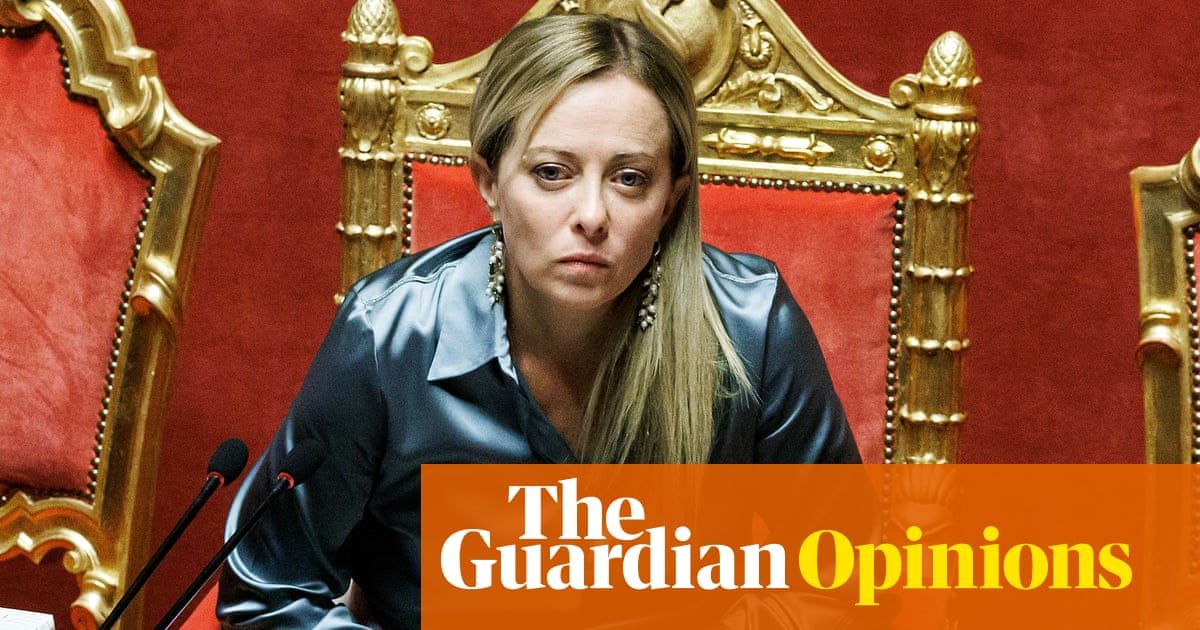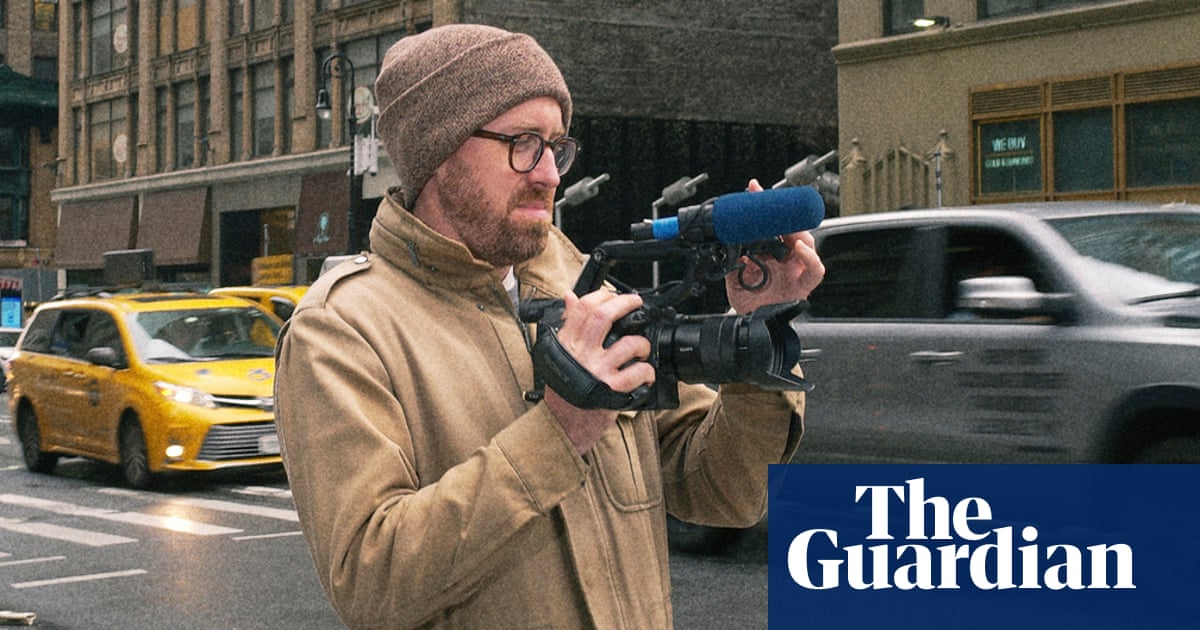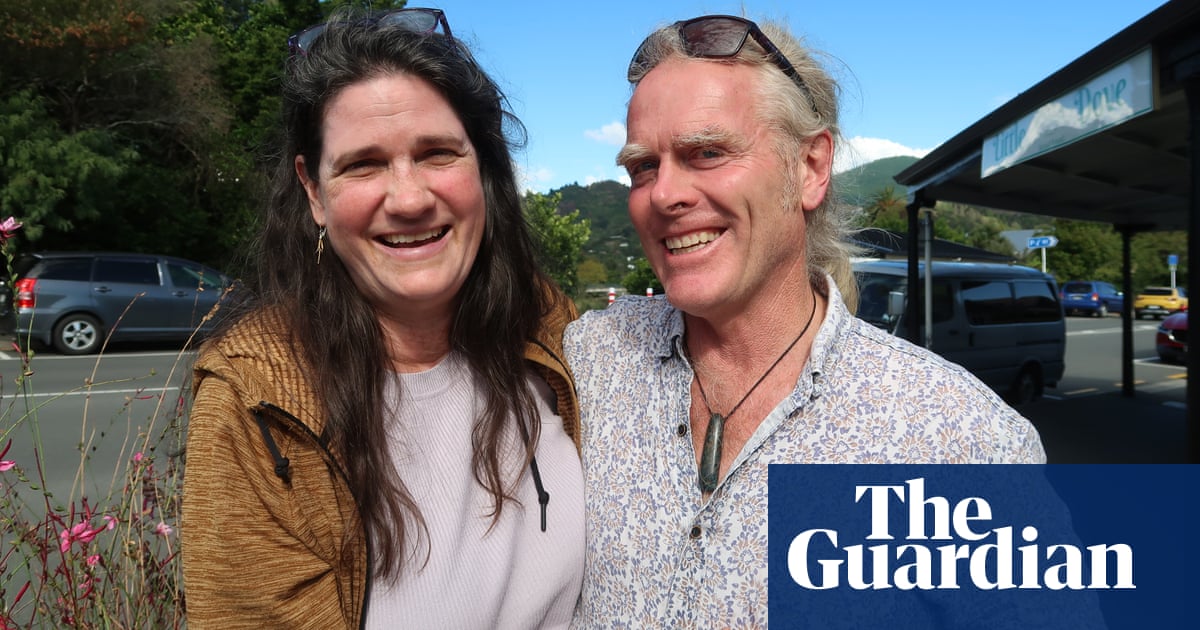
t was amazing television: superstar Michael Jackson sharing his bed with children, blowing a million dollars in a Las Vegas shopping spree and showing us round his weird mancave, Neverland. And I remember exactly where I was when I saw it: in a screening for ITV’s Tonight team at a Covent Garden hotel with the man who made it, Martin Bashir.
I fancied myself as a scoop merchant back then. Before becoming a playwright I, like Martin, was a Tonight presenter. Unlike him, I wasn’t good at getting exclusives. I also tried getting Jackson, but after a few texts to his pal Uri Geller I gave up. I was jealous of Martin that night 18 years ago but also impressed, as I had been by his other great triumph: his interview with Princess Diana.
Funny how it turns out: that 1995 Diana scoop is now the subject of an inquiry by Lord Justice Dyson, possibly due next month, and a BBC One investigation by Panorama expected to be aired in May. It’s a safe bet neither Dyson nor Panorama will sing Martin’s praises.
The Panorama will be made by the programme’s editorial team but won’t be billed as such: the BBC don’t want it to look like an attack by the show on itself, even though that’s exactly what it is. It will investigate Martin’s Diana interview but is also set to include allegations about his reporting on the Soho nail bomber case of 1999 when he was working for ITV. It’s said he misled detectives to gain an advantage over the BBC.
Dyson, however, will concentrate on Diana. The omens are not good. Some allegations may remain unproven – for example, that Martin showed her a forged receipt “proving” that Prince Charles’s nanny had had an abortion. (A claim vehemently and successfully denied by the nanny herself.) However, the central charge – that he forged bank statements showing that people in Diana’s camp were being paid to betray her – is not disputed.
That’s because Martin admitted the forgeries in 1996 in an inquiry by Tony Hall, then head of BBC News, who went on to become director-general before retiring last year. Although Martin couldn’t explain why he made the forgeries, Hall concluded he was “remorseful” and “an honest man” before deciding that Matt Wiessler, the graphic artist who made the documents without knowing what they were for, would never work for the Corporation again. Which is a bit like a judge pardoning a bloke for masterminding a bank robbery but banging up the guy who innocently resprayed the getaway van beforehand.
No surprise then, that Martin was reportedly texting BBC colleagues four months ago, apologising for the embarrassment he’d caused, saying “this is a tragic way to retire”.
I’ve been thinking and talking about him a lot recently for a play I’m writing called The Outsider. His story is great territory for a dramatist. It’s about journalistic ethics: how far can you go to get a story? It’s about how power works. One institution – the BBC – desperately wanted the interview to happen but another – the monarchy – didn’t. It’s also about manipulation: who manipulated whom? Was Martin feeding Diana’s paranoia by telling her she had to speak out to remain safe, or was she using him, to further her anti-Charles agenda?
I was friendly with Martin during our five years on Tonight, but not close. He was funny – like many journalists, often at the expense of others – and we had much in common. We went to King’s College, London, in the 1980s. (He studied theology, I did law.) We worked at the BBC for most of the 1990s. And we loved sport. Especially rugby. Stocky and athletic, he was a competitive scrum-half. Musically, he was surprisingly accomplished, making a reggae album, Bass Lion, in 2010. He even played percussion with my covers band on our version of Walk On By at an Italian restaurant in Wandsworth one Sunday lunchtime. Very good he was too.
He was also good at flattery, forever saying, “You’re on fire, Jonny! Absolutely on fire!” But it was reflexive, not genuine. Former Panorama reporter Tom Mangold recalls Martin telling him about his late brother, who died tragically young. Martin told Tom that his brother had said, before he died, “Martin, you must work for the BBC and be like Tom Mangold. Because he is the best.” A delighted Mangold told John Humphrys the story. “He told me exactly the same thing,” replied Humphrys. “But he used my name instead of yours.”
It was that ability – to tell people what they want to hear – that won him other scoops: investigations into the “coughing Major” and Louise Woodward, the British nanny convicted of killing a baby.
So how did Martin become a journalistic Malcolm X, devoted to getting the story By Any Means Necessary? His upbringing is key, I think. The son of Pakistani immigrants, he was brought up on a south London council estate and went to the local comprehensive. Not, then, your typical white, Oxbridge type to whom the BBC’s crown jewels came so easily in the 1990s. He was extraordinarily ambitious but had a problem: he wasn’t called Dimbleby and no one had heard of him, pre-Diana. So he was always going to have go the extra – occasionally dodgy – mile to get ahead.
I’ve wondered how he justified those forgeries to himself. I think his faith is significant. He converted to Christianity as a young man. So his God is a merciful, forgiving one. Only one Lord can judge him and he’s not called Dyson. A comforting – if convenient – belief system for someone in his position.
An ex-BBC executive tells me he thinks Martin is a sociopath. Even if true, that’s not as shocking as it sounds. Sociopaths make great journalists. They are charming, manipulative and aren’t bothered who gets hurt or what people think of them. That got me thinking. If only Prof Anthony Clare was still grilling people for In the Psychiatrist’s Chair on Radio 4. Clare dissects Bashir. What a show that would have been.
It’s not just Martin in Dyson’s dock. The BBC – and particularly Tony (now Lord) Hall have serious charges to answer. Why did Hall punish Wiessler but let Martin off scot-free? Why did the BBC make a self-congratulatory 2005 documentary, The Princess and Panorama, which didn’t even mention the scandal? And why make Martin religious affairs correspondent in 2016, when awareness of the forgeries had been a known fact in the corporation for 20 years?
To call that appointment risky is an understatement. Martin came freighted with risk. After leaving Tonight for America in 2003, he ran into trouble for inappropriate comments about “Asian babes”, then resigned from MSNBC in 2013 after making crude remarks about Sarah Palin. BBC journalists were staggered when he got the job. They still laugh about the time he collected sponsorship funds in the Panorama office, brandishing a certificate showing he’d run a marathon. “Is it genuine?” one wag asked.
But why is it such a big story now, yet wasn’t then? The Mail on Sunday broke the news of the forgeries at the time, but it’s only a scandal now, a quarter of a century later. I think it’s about trust. We value it more now because of phone hacking, the WMD lies and fake news. There is also a good peg: last year saw the 25th anniversary of the Diana interview, and four C4 and ITV documentaries were made, all of which dug up juicy new snippets. Suddenly, hey presto – we’ve got ourselves a media storm. There is also, perhaps, an anti-BBC agenda at play. Some outlets have a vested interest in bashing the BBC. Especially when it’s justified.
I can’t help feeling sorry for Martin. He’s had a terrible year. As the scandal was breaking, he reportedly caught Covid-19 and claimed to have needed quadruple heart bypass surgery as a result. If, as seems certain, he and the BBC part company, what will the tragic anti-hero of my play do next? I asked him last week via email, when I told him what I was doing. He said – I’m not sure I believe him – he’d talk to me post-Dyson. He also said, proving old habits die hard, “I’ve always been a huge admirer of yours.”
My money is on an attempt at rehabilitation a la John Profumo or Jonathan Aitken. Both redeemed themselves by doing good works. Indeed, he’s already started, having recently written articles for the Church Times about faith. I suspect he’ll need it in the years to come.












